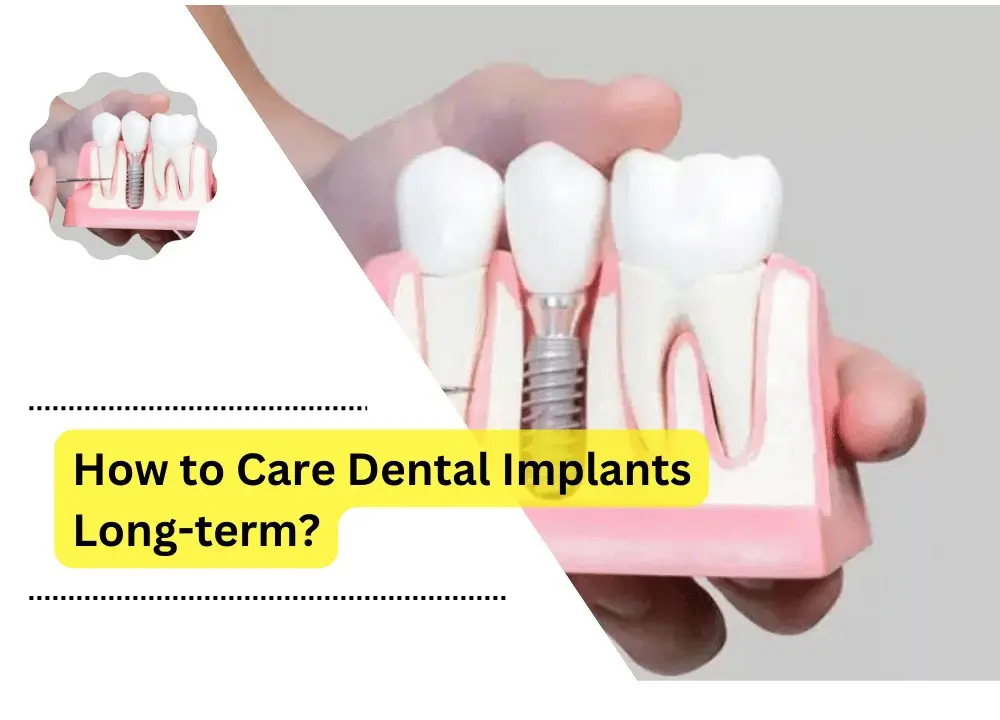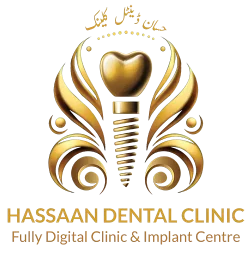Dental implants would be a permanent solution to the problem of missing teeth and are therefore in the long run very economical. If well maintained they can serve their user for many years, or in other words, for a lifetime. Nonetheless, it is critical to take care of the implants in order to make them last and to avoid some of the illnesses such as infection or gum diseases. Below are some of the tips that you should follow when you want to maintain your dental implants in the right manner.
1. Maintain Good Oral Hygiene
An essential component on care of implant prostheses in the long run is good hygiene of the surrounding tissue and teeth. The same activities which would have otherwise been done around the natural teeth should also be done around the dental implants. The Use of a soft bristled toothbrush and a low abrasive toothpaste is recommended for the cleaning of implants at least twice a day. Remember to rinse all the areas of the implant especially those near the gum line because bacteria is likely to collect there. Flossing also enhances the process of removal of food particle and plaque between teeth and around the implant to reduce chances of gum diseases.
2. Use Implant-Safe Tools
Some of the oral care implements are unique for the dental implants. It might be useful to use the interdental brushes which are brush like tools meant for cleaning the regions that is in between the teeth and even around implants. They also help clean areas in your mouth around the implants since water jets can easily reach the spaces that traditional floss can’t. These tools assist you in the process of cleaning the area of the implant as well as eliminate the buildup of plaque and food particles.
3. Regular Dental Check-ups
However, just because you feel comfortable and your implants look great do not assume that you do not need to visit your dentist for check up. Your dentist will check on the health of your implants and the status of your gums, to check whether you have got any infections, losing bone or have any other complications. Teeth and gums special cleanings will assist the removal of some of the plaque and tartar, which may be missed during brushing and flossing Regular dental check- up will detect any issues that may be at an early stage and treated accordingly.
4. Avoid Smoking
Smoking has been found to be one of the biggest causes of failure of dental implants. Long-term smoking can also lead to gum disease, bone loss, and implant failureSmoking cessation will have a great impact on the improvement of the health of your implants and decrease the changes of various complications.
5. Learn to eat what is good for you
Avoid those foods that contain many calories, this is important for the maintenance of a healthy diet. Although, dental implant are rigid and resistant to wear and tear, there is a number of foods to avoid that may cause harm to the dental implants. Tooth implants are prone to compactible foods such as ice, candy or popcorn when they are not properly crushed. This means that if food is sticky or overly crunchy it is also problematic. Make sure to consume a variety of nutrients in moderation to sustain proper oral hygiene by consuming lots of fresh fruits, vegetables as well as lean protein.
6. Save Your Implants from Wearing Down
Night grinding or bruxism is another condition that may place pressure on dental implants and thus wears out, it is advisable for such people to see their dentist for advice on the best remedy. It is recommended to ask for a dental opinion if you think you grind your teeth at night, your dentist will be able to make for you a special night guard that will help you prevent any harm to your implants. A nightguard wears during sleep ensures that the pressure from grinding is absorbed thus increasing the life of implants.
7. Treat Gum Disease Promptly
Gum health is therefore very critical in the provision of dental implants. Periodontal disease causes attachment loss around the implant; thus, leading to implant failure. If you experience symptoms in the gum or mouth that is reddish or swollen, has bleeding or foul odor, it is important you visit your dentist. Gum disease may not harm the implants but it may cause damage to the mouth and hence should be treated before it gets out of hand in order to enhance the viability of the implants.
8. Forceful Pressure on Tooth
Dentists say that the dental implants are strong but they can break due to forceful pressure. Do not use your teeth to open bottles, cut the tape or bite the hard objects. This may cause cracks or fracture of your implants or other teeth around the implant site. If taken care off, dental implants are guaranteed to last for more years without any problems arising.
9. Use Mouthwash
An antibacterial mouthwash may go a long way towards preventing implant and gum diseases. Use alcohol-free mouthwash to get rid of bacterial and plaque formation especially on the gum area. Using mouthwash on a daily basis will assist to reduce the chances of getting infected and keeping the surrounding of the implants clean.
10. Oral Health Regime
Dental implants require long-term care and maintenance and this is where regular dental visits is also important. The other habit that should be developed and formed is the brushing, flossing, and using mouthwash every single day. There are matters that can only be done during professional cleaning which make it imperative that you adhere to a regular schedule of visits to the dentist when you have implants.
For periods of home care, the importance of a professional cleaning should never be underestimated, because it effectively serves in maintaining your implants healthy and functional throughout.
Conclusion
To ensure longevity of dental implants, one has to maintain high standard hygiene practice, observe regular dental check ups and correct oral behavior and diet habits. Proper dental implants can serve you for about 20 to 25 years meaning that it a long term solution to your dental challenges. Therefore, if you follow the mentioned tips, and closely consult with your dentist, then you should have no issues with your dental implants’ success rate and durability.



